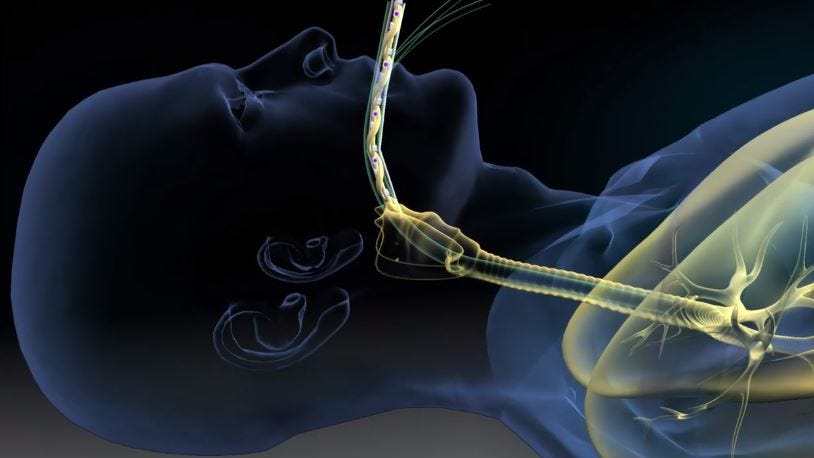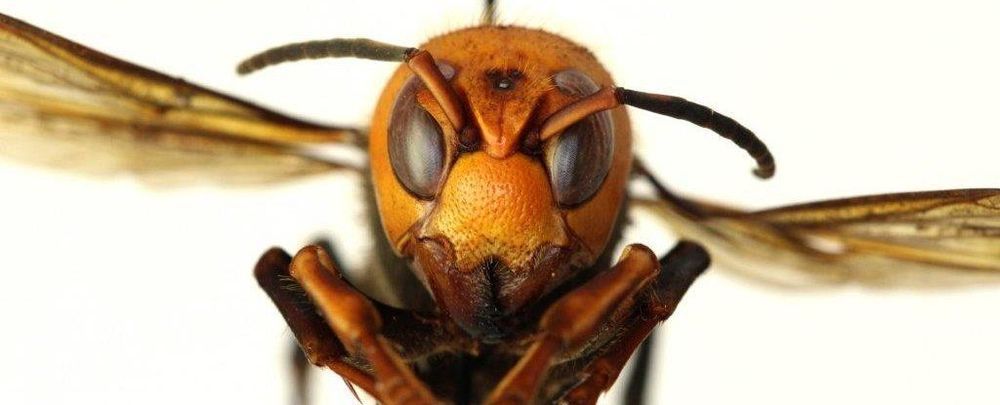May 3, 2020
Purine Repressing Probiotic Might Halt COVID-19, says Korean Researchers
Posted by Quinn Sena in categories: biotech/medical, food
O,.o I used vitamin c and a probiotic it seemed to work well. I also had a flu shot for the year. Besides eating well and staying healthy not much is needed. It is sorta like the flu as much as I can see. I am no doctor but that worked for me.
Korean scientists claim that a lactic acid bacteria from sea buckthorn berries, could potentially inhibit the proliferation of SARS-CoV-2 by repressing purine activation.
Lactobacillus species in the gut microbiota have been found to block pro-inflammatory cytokines to inhibit harmful bacteria like Helicobacter pylori. While studying similar mechanisms against bladder inflammation (cystitis) causing E. coli, a team led by Professor Hana Yoon of Ewha Womans University Medical Center in Seoul, found abundant amounts of Lactobacillus gasseri present in the fermented extracts of sea buckthorn berries.
Continue reading “Purine Repressing Probiotic Might Halt COVID-19, says Korean Researchers” »


















